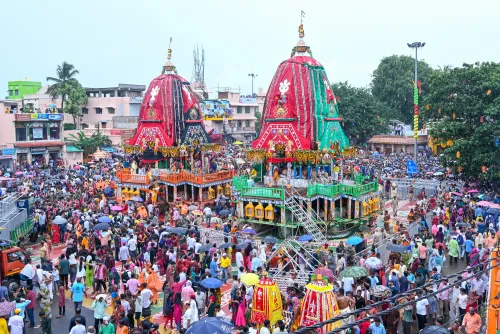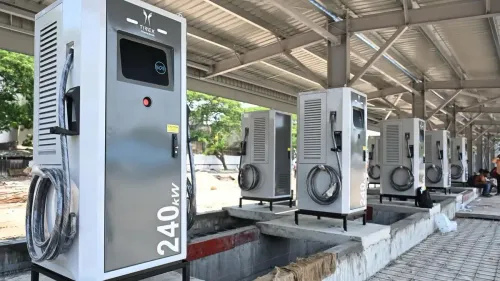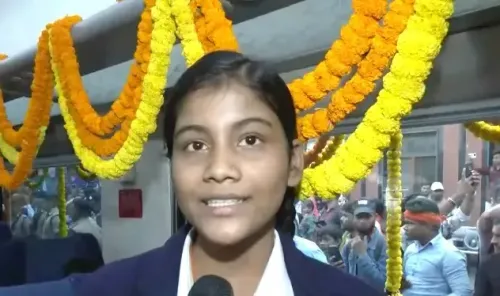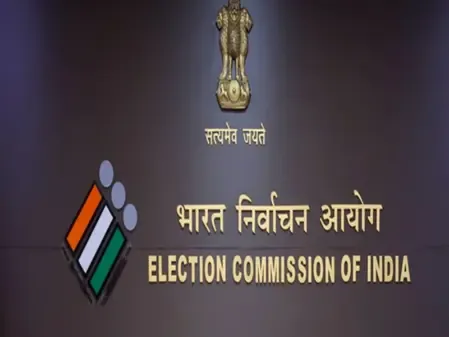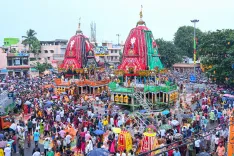Supreme Court Hearing Today on CBI Investigation into Bengal Cabinet's Job Approvals
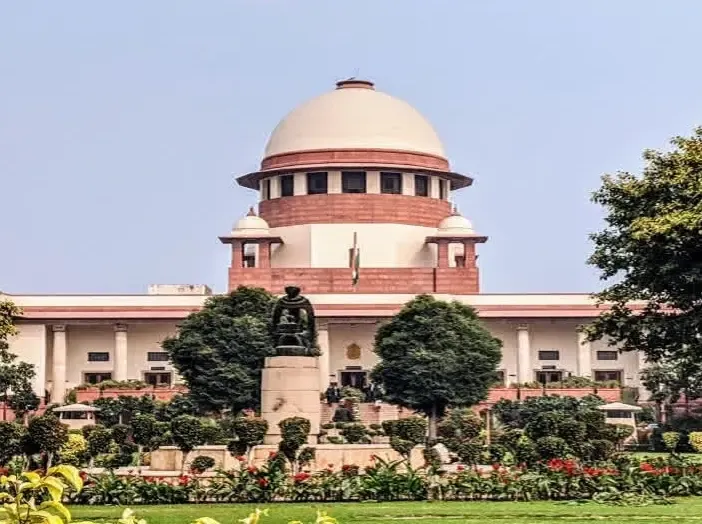
Synopsis
Key Takeaways
- The Supreme Court will evaluate the need for a CBI probe into the West Bengal cabinet's actions.
- Allegations involve the creation of posts to benefit 'tainted' candidates.
- The opposition claims Chief Minister Mamata Banerjee could face scrutiny.
- Political ramifications are significant amid recent court rulings.
- Concerns grow over job legitimacy in state-run schools.
Kolkata, April 8 (NationPress) The Supreme Court will convene on Tuesday to deliberate on whether the Central Bureau of Investigation (CBI) should investigate the West Bengal cabinet, which sanctioned the establishment of supernumerary positions in state-operated schools, allegedly to place “tainted” individuals in teaching and non-teaching roles in exchange for monetary compensation.
The opposition BJP asserted that if the Supreme Court lifts the previous interim suspension on the CBI investigation, Chief Minister Mamata Banerjee will also be implicated, as the head of the cabinet, she cannot evade accountability for the decision to create supernumerary positions.
The Leader of Opposition in the state Assembly, Suvendu Adhikari, stated on Monday that following Om Prakash Chautala of Haryana, Mamata Banerjee would be the second chief minister in India to face incarceration due to an education scam.
In April 2024, a three-judge panel of the Supreme Court, led by the former Chief Justice of India, D.Y. Chandrachud, imposed a stay on a prior order from the Calcutta High Court instructing the CBI to conduct further investigations into the approval of supernumerary positions.
That order included the High Court's observation that the CBI could, if required, conduct custodial questioning of those involved in the issue.
While the Supreme Court's stay in April 2024 provided interim relief for the state Cabinet, the case will be heard again at the Supreme Court on Tuesday.
Indeed, the Calcutta High Court, while mandating the CBI investigation earlier, also scrutinized the validity of the decision to approve the creation of supernumerary positions.
Since the emergence of information regarding this issue, the state government and the ruling party have faced severe criticism from opposition factions, who argue that the decision was not intended to accommodate genuine candidates but rather to safeguard the positions of individuals with questionable backgrounds.
Political analysts believe that the hearing regarding the creation of supernumerary positions presents a dual challenge for the state government and the ruling Trinamool Congress, already under strain from a recent Supreme Court ruling that upheld a prior decision by the Calcutta High Court to annul 25,753 teaching and non-teaching appointments in state-run schools.
Both the Supreme Court and the Calcutta High Court have noted that the cancellation of the entire panel of 25,753 appointments stemmed from the state government's and West Bengal School Service Commission (WBSSC)'s inability to differentiate between “genuine” candidates and “tainted” ones.

